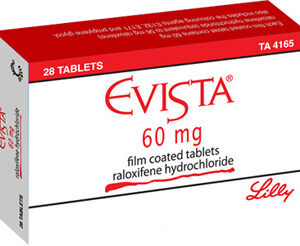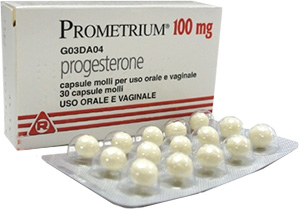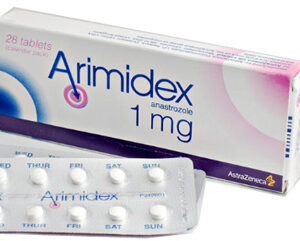Overview of Arimidex
Anastrozole, marketed under the brand name Arimidex, is a nonsteroidal aromatase inhibitor used in the treatment of breast cancer in postmenopausal women. It is particularly useful for hormone receptor-positive breast cancer and is commonly prescribed for adjuvant treatment of early breast cancer or for advanced or metastatic breast cancer.
Pharmacological Properties
Arimidex acts by inhibiting the enzyme aromatase, which is involved in the synthesis of estrogen. By blocking this enzyme, anastrozole significantly reduces the levels of circulating estrogen in the body, which can help slow the growth of estrogen-dependent breast cancer cells.
Indications and Usage
Arimidex is specifically indicated for the treatment of hormone receptor-positive early breast cancer in postmenopausal women, the first-line treatment of hormonally-receptive positive or unknown locally advanced or metastatic breast cancer in postmenopausal women, and for the treatment of advanced breast cancer in postmenopausal women with disease progression following tamoxifen therapy.
Dosage and Administration
The recommended dose of Arimidex is one 1 mg tablet taken once a day. It can be taken with or without food. In patients with advanced breast cancer, treatment with Arimidex should continue until tumor progression is evident. For adjuvant treatment, the recommended duration is five years.
Drug Interactions
Anastrozole should not be co-administered with estrogen-containing therapies as these could interfere with its pharmacological action. Additionally, anastrozole may interact with medications metabolized by CYP450 enzymes, particularly CYP3A4. Caution is advised when combining anastrozole with such agents.
Pharmacokinetics
Anastrozole is rapidly absorbed into the bloodstream following oral administration. Peak plasma levels are reached within 2 hours under fasted conditions. Food slightly decreases the rate but not the overall extent of absorption. The plasma half-life of anastrozole is approximately 50 hours, and steady-state concentrations are typically achieved within 7 days of daily dosing.
Contraindications
Arimidex is contraindicated in patients with known hypersensitivity to anastrozole or any of the excipients in the formulation. It is also contraindicated in premenopausal women, pregnant women, and lactating women due to the potential risk to the fetus or infant.
Use in Specific Populations
Postmenopausal women with endocrine-responsive breast cancer are the specific target population for Arimidex. There are limited data on the safety and efficacy in patients with severe hepatic impairment or severe renal impairment. Use with caution in patients with moderate hepatic impairment or severe renal impairment (creatinine clearance <20 mL/min).
Adverse Reactions
The most common adverse reactions to anastrozole are hot flashes, asthenia (weakness), arthritis, pain, arthralgia (joint pain), hypertension, depression, nausea, and vomiting, rash, osteoporosis, fractures, and back pain. Elevated cholesterol levels have also been reported.
Monitoring and Laboratory Tests
Periodical monitoring of lipid profiles may be considered due to the potential for alterations in cholesterol levels. Bone mineral density (BMD) should be assessed prior to initiation of therapy and at regular intervals thereafter due to the risk of osteoporosis associated with the use of anastrozole.
Overdose Management
There is no specific antidote to anastrozole. In cases of overdose, symptomatic treatment should be provided. Supportive measures, such as emesis or dialysis, are unlikely to be helpful due to the drug’s high protein binding and large volume of distribution.
Storage and Handling
Arimidex tablets should be stored at controlled room temperature, between 20°C to 25°C (68°F to 77°F). Protect from heat and moisture. The medication should be kept in its original packaging until it is time to take the dose to protect it from light and moisture, and kept out of reach of children and pets.
Dispensing Instructions
Pharmacists dispensing Arimidex should provide the medication in its original packaging along with a medication guide that includes detailed information on its use, potential adverse reactions, and other pertinent information. Patients should be counseled to follow the prescribed regimen and advised regarding the significance of adhering to scheduled follow-up appointments and laboratory tests.
Counseling Points for Patients
Patients taking Arimidex should be aware of the possibility of experiencing common side effects such as hot flashes and joint-related symptoms. They should be counseled on bone health and the importance of calcium and vitamin D supplementation, as well as routine exercise to maintain bone strength. Patients should also be advised to report any unusual symptoms, especially those indicative of liver issues or thromboembolic events, to their health care provider.







Reviews
There are no reviews yet.